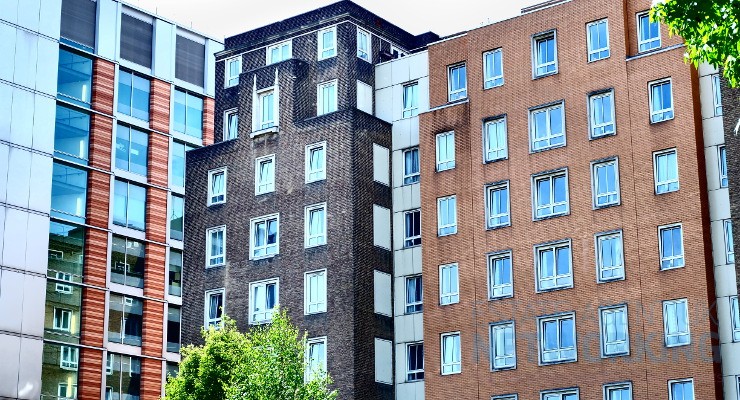Climbing the Property Ladder: The Symbiotic Relationship Between Interest Rates and Real Estate
The relationship between interest rates and real estate is symbiotic: they both influence each other, and both are important factors to consider when buying or selling a home. Interest rates are the percentage of the principal loan amount that is charged as interest. When interest rates are low, it is cheaper to borrow money to buy a home. This can lead to increased demand for homes and higher prices. Interest rates and the real estate market are closely interconnected. Changes in interest rates can have a significant impact on the real estate sector in several ways.
Investment Decisions
Real estate investors often consider interest rates when making investment decisions. Higher rates can lead to lower returns on real estate investments, especially in income-generating properties like rental units. This can impact investment choices and returns. Lower interest rates can encourage homeowners to refinance their existing mortgages to secure a lower interest rate, reduce monthly payments, or access home equity. This can stimulate additional consumer spending or home improvements. Interest rates can impact overall market activity. In a low-interest-rate environment, more people may consider buying or refinancing, leading to increased real estate market activity. Conversely, higher rates may reduce activity as affordability decreases.
New Construction
Interest rates also affect the cost of borrowing for real estate developers. High rates can increase the cost of construction loans and, in some cases, lead to a slowdown in new construction projects. Real estate often competes with other asset classes like stocks and bonds for investors’ capital. When interest rates rise, the returns on alternative investments may become more attractive, potentially reducing demand for real estate.
It’s important to note that the relationship between interest rates and the real estate market is complex, and other factors, such as economic conditions, employment, and local market dynamics, also play a crucial role in shaping the real estate landscape. Consequently, real estate professionals, homebuyers, and investors closely monitor interest rate movements and their potential impact on the market.
Real estate, mortgages and interest rate
The relationship between mortgages, real estate, and interest rates is complex and multifaceted. However, at its core, it is a symbiotic relationship: each one influences the other, and all three are important factors to consider when buying or selling a home.
Mortgages are loans that are used to finance the purchase of a home. The borrower repays the loan over time, plus interest. Interest rates are the percentage of the principal loan amount that is charged as interest.
Real estate is property that consists of land and the buildings on it. Real estate prices are determined by a variety of factors, including the location of the property, the condition of the property, and the overall supply and demand for real estate.
Interest rates are one of the most important factors that affect real estate prices. When interest rates are low, it is cheaper to borrow money to buy a home. This can lead to increased demand for homes and higher prices. However, when interest rates rise, it becomes more expensive to borrow money to buy a home. This can lead to decreased demand for homes and lower prices.
Here are some of the ways that mortgages, real estate, and interest rates interact:
Interest rates affect the affordability of mortgages. When interest rates are low, monthly mortgage payments are lower. This makes it more affordable for people to buy homes. However, when interest rates rise, monthly mortgage payments rise. This can make it less affordable for people to buy homes.
Interest rates affect the demand for homes. When interest rates are low, more people can afford to buy homes. This increases the demand for homes and drives up prices. However, when interest rates rise, fewer people can afford to buy homes. This decreases the demand for homes and drives down prices.
Interest rates affect the supply of homes. When interest rates are low, it is more profitable for builders to build new homes. This increases the supply of homes on the market and can put downward pressure on prices. However, when interest rates rise, it is less profitable for builders to build new homes. This decreases the supply of homes on the market and can put upward pressure on prices.
It is important to note that the relationship between mortgages, real estate, and interest rates is complex and can be affected by a variety of other factors, such as the overall economy, the unemployment rate, and the government’s housing policies. However, understanding the basic relationship between these three factors can help you make informed decisions about buying or selling a home.








